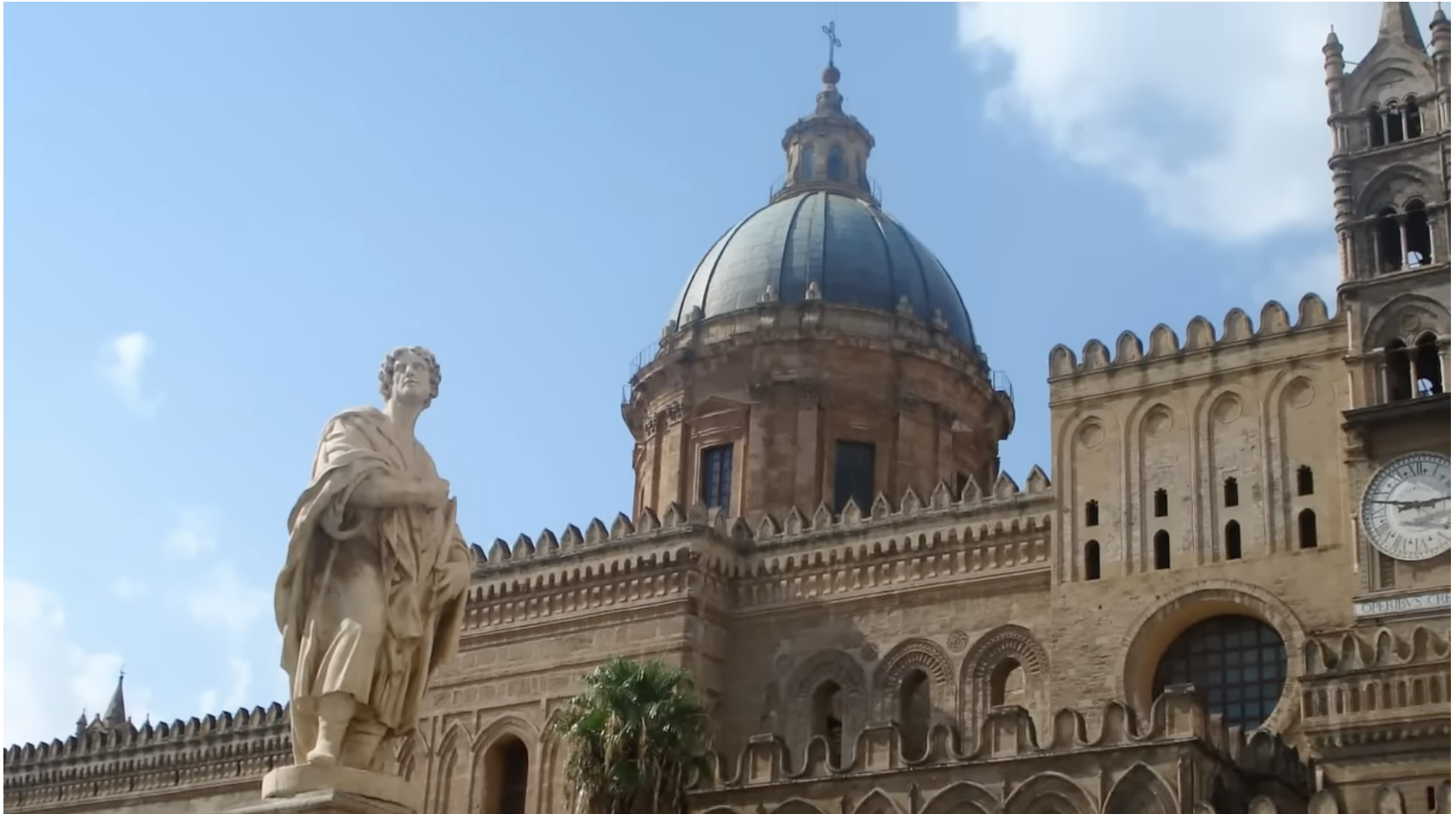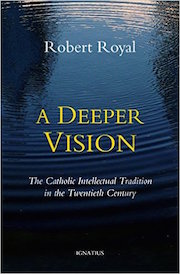What is a Catholic retreat and why do you need one annually? Since we’re about to begin Lent, these are two good questions. Let’s begin with a brief history lesson.
What we call a retreat consists of a series of days passed in solitude and consecrated to practices of asceticism, in particular to prayer and penance. Such “desert” experiences are as old as Christianity itself – and in fact predate it, although we won’t walk through all the Old Testament prototypes, such as the Israelites’ forty years in the desert with Moses and the wilderness experiences of prophets such as Elijah. For Christians, the New Testament example of Jesus’ forty days in the desert following his baptism by John has found many imitators in all ages.
Among many other examples are: St. Francis of Assisi (whose retreat on Mount Alverno culminated in receiving the Stigmata); St. Ignatius of Loyola, who used his own experiences to develop the thirty-day Spiritual Exercises; and St. Francis de Sales, who spread the “Exercises” to the laity as a means for their growth in holiness in the middle of the world.
Modern-day retreats for lay people take many forms, but usually involve a weekend (or sometimes longer) away from home and familiar routines, usually under the direction of a priest, with talks, reflections, and also plenty of “alone time” for prayer and spiritual reading.
Here are some suggestions for an optimal retreat experience, written from my perspective as a priest who has given many dozens of retreats to men and women (separately) over the course of more than three decades. (By the way, I discourage couple retreats. In my experience the members of the couple distract one another and wind up making resolutions for each other rather than for themselves!):
1. I wish I did not have to write this, but make sure you are attending a retreat that is conducted by an organization truly faithful to all the teachings of the Church and our Holy Father.
2. Attend a retreat that is preached and that provides daily Mass as well as the opportunity to receive the Sacrament of Reconciliation – and if possible, some spiritual direction.
3. Try to find a retreat that is at least three days long – and minimize if not eliminate the use of email, texts, and smart phones. I call them Lethal Weapons of Retreat Destruction. Take the oath to abstain!
4. Ask yourself: Why am I doing this? To get some rest? To feel good about myself, to look good to family and friends? Or to grow in the love of the one with whom I hope to spend eternity, Jesus Christ, and to share my love of him and his Church with others?

Shrine to Our Lady at the Shelbourne retreat center, Valparaiso, Indiana
5. Take along the New Testament and at least one spiritual reading book that you intend to finish by the end of the retreat. Also arm yourself with a notebook for recording your impressions and resolutions for your return to the outside world.
6. Despite a certain unavoidable focus on self, remember to pray for friends, family, and those most in need, including general intentions such as an end to abortion and the defense of religious liberty and marriage.
7. If possible, get some exercise, such as a long walk while praying the Rosary. This will help your night’s sleep and keep you alert during the meditations and talks.
8. Go with some friends (but don’t talk too much – pray for them instead).
9. Follow up after the retreat is over – check your written resolutions weekly (don’t make too many) and be honest with yourself and your spiritual director (if you have one) to hold yourself accountable.
10. Start thinking of everyone you want to bring next year. Pray for those you intend to ask and give them plenty of lead time as well as specific dates and places. And why not encourage them to bring their own friends?
11. Familiarize yourself with the example of Pope Francis (yes, he attends an annual retreat too) and read what he says in his Apostolic Exhortation Evangelii Gaudium (The Joy of the Gospel), Chapter 2: “Goodness always tends to spread. Every authentic experience of truth and goodness seeks by its very nature to grow within us, and any person who has experienced a profound revelation becomes more sensitive to the needs of others. As it expands, goodness takes root and develops. If we wish to lead a dignified and fulfilling life, we have to reach out to others and seek their good. In this sense several sayings of St. Paul will not surprise us: ‘The love of Christ urges us on’ (2 Cor 5:14), ‘Woe to me if I do not proclaim the Gospel’ (1 Cor 9:16).”
Finally, you do not have to spend three years in the desert like St. Paul before setting out to spread the Good News. Go up to Jerusalem, get St. Peter’s permission to evangelize, and get to work.















